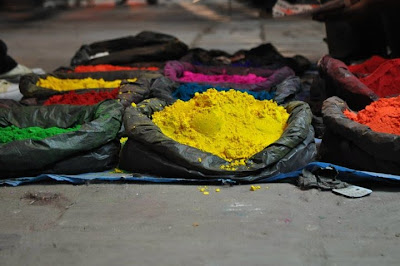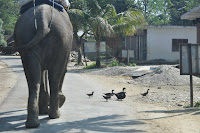
In the listening section of the IELTS test, if you spell a word incorrectly then it is wrong. Here is a list of common words that you should know how to spell in order to avoid losing valuable marks.
Days of the week: Monday, Tuesday, Wednesday, Thursday, Friday, Saturday, Sunday, weekdays, weekends
Months of the year: January, February, March, April, May, June, July August, September, October, November, December
Money matters: cash, credit card, cheque, in advance, annual fee, monthly membership, interest rate, deposit, tuition fees, poverty, bank statement, money management, current account, student account, withdraw, low-risk investment
Subjects: science, politics, history, economics, biology, architecture, law, geography
Studying at college/university: course outline, group discussion, handouts, written work, report writing, research, rewrite, proof reading, experiment, experience, review, revise, reference, textbooks, dictionary, laptop, printer, student support, student advisor, a term, intensive, modules, topic, assessment, library, education department, computer centre, classroom, lecture theatre, a lecture, lecturer, tutor, main hall, attendance, deadline, give a talk, speech, computer laboratory, certificate, diploma, placement test, overseas students, full-time, facilities, college dining room, specialist knowledge, international, accommodation, home stay, primary, secondary, intermediate, media room, resources room, staff room
Marketing: catalogue, interview, newsletter, supervise, competition, TV programme, strategies, research method, entertainment industry, leadership, management, testing, display, products, customer, special offer, collecting data, questionnaire, survey, mass media, statistics
Health: yoga, keep-fit, salad bar, vegetarian, picnic, outdoor activities, tennis, cycling, leisure activities, disease, diet, meal, dance studio, squash courts, protein
Nature: field, footbridge, environment, waterfall, river, mountain, forest, village
In the city: cities, street, lane, city centre, central station, train, car park, mini bus, department stores, ground floor, hire a car, bridge, restaurant, café, temple, embassy, road system, hospital, nursery, garden, pollution
Workplace: dentist, engineer, business, office assistant, reception, waiting list, appointment, staff selection, colleagues, workshop, showroom, information desk, employer, efficient, employment, unemployed, technical cooperation, team leaders, stress, attitude, ability, vision, confidence, training
Rating: reasonable, satisfactory, dangerous, safe, strongly recommend, poor quality
Touring: castles, guided tour, ticket office, souvenirs, trips, guest, reservation, view, culture
Other: prize, weather, temperature, international, passport photo, local newspaper, state, government, individual, variety, section, expensive, practice, gender, creativity
 academic, aerodynamic, aesthetic, allergic, artistic, athletic, cosmic, domestic, dramatic, dynamic, egoistic, energetic, enthusiastic, epic, erotic, ethnic, exotic, fantastic, gigantic, graphic, hectic, majestic, metallic, mythic, neurotic, organic, pathetic, public, scenic, strategic, toxic, tragic
academic, aerodynamic, aesthetic, allergic, artistic, athletic, cosmic, domestic, dramatic, dynamic, egoistic, energetic, enthusiastic, epic, erotic, ethnic, exotic, fantastic, gigantic, graphic, hectic, majestic, metallic, mythic, neurotic, organic, pathetic, public, scenic, strategic, toxic, tragic 












 Some Latin abbreviations are still used today for dates and times, academic qualifications and writing.
Some Latin abbreviations are still used today for dates and times, academic qualifications and writing.

































